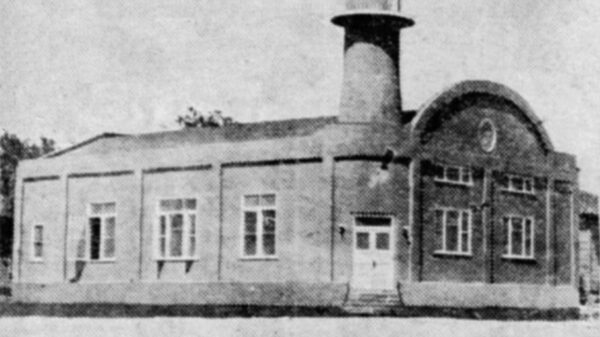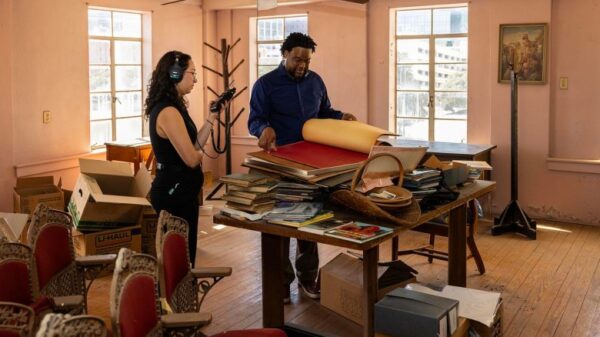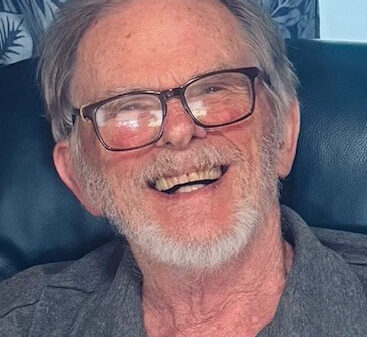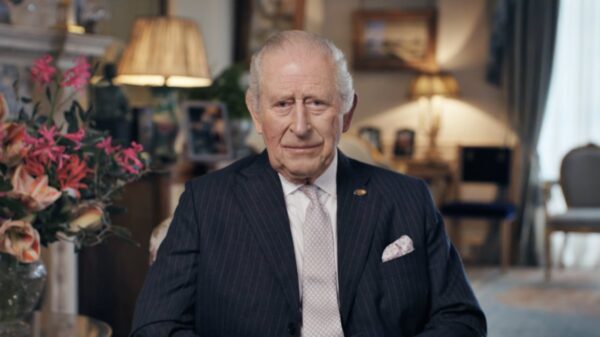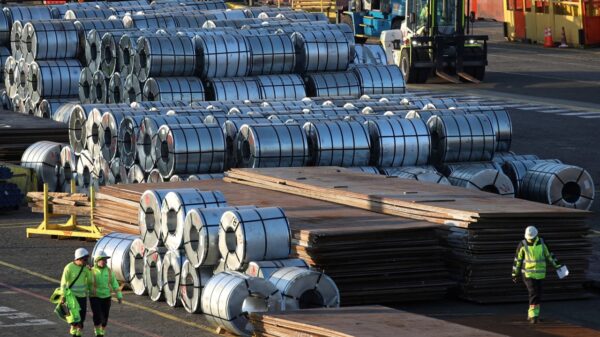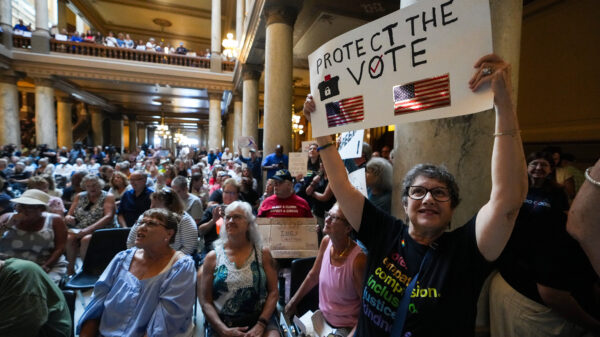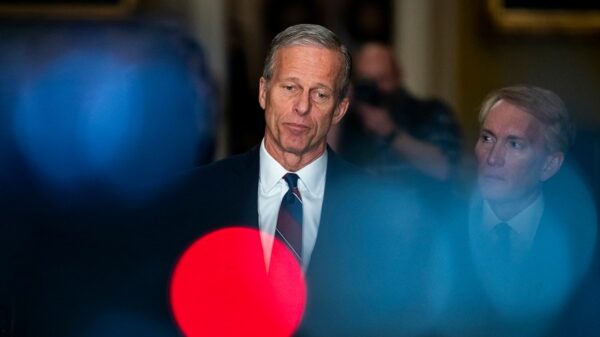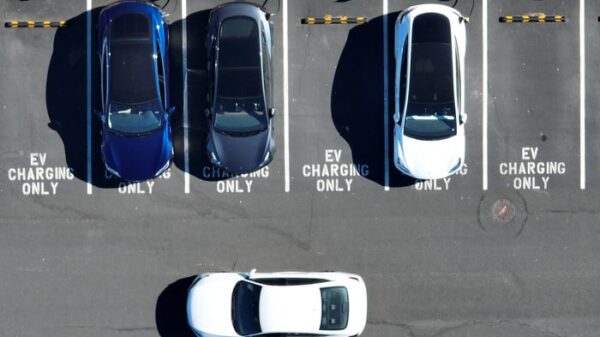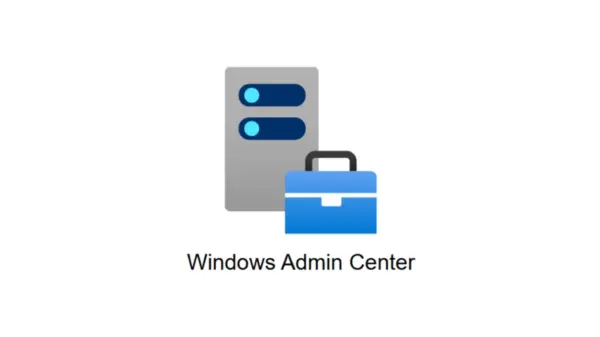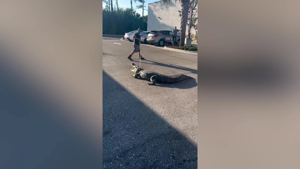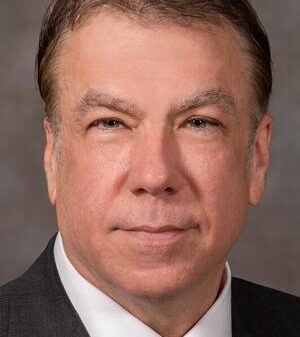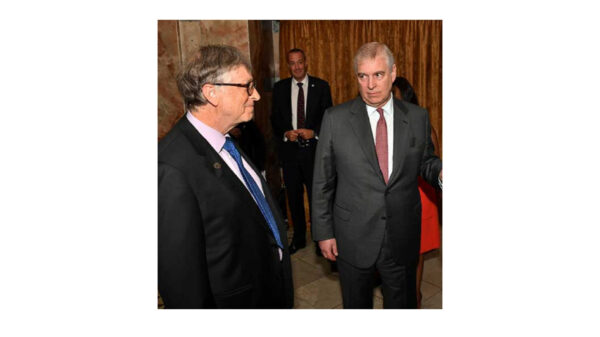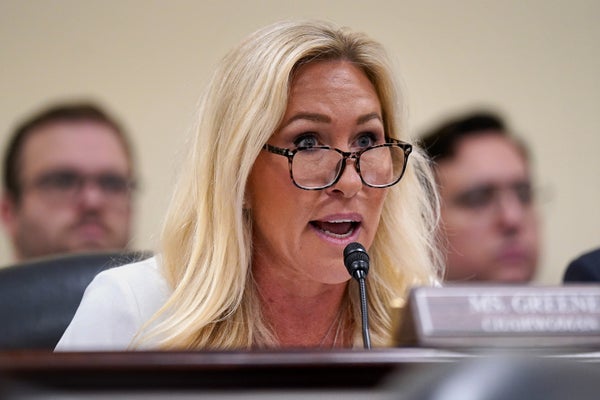Rep. Marjorie Taylor Greene (R-Ga.) has announced plans to hold a hearing focused on geoengineering, a controversial topic that has gained traction amid recent flood-related conspiracy theories. Greene, who serves as the chair of a subcommittee within the House Oversight and Government Reform panel, aims to investigate the use of weather modification techniques, including cloud seeding, which involves dispersing chemicals into the atmosphere to influence weather patterns.
In a statement released on March 15, 2024, Greene voiced her belief that weather modification is “no longer a ‘conspiracy theory.’ It’s real, it’s happening, and the American people deserve a voice.” This statement follows a weekend of severe flooding in Kerr County, Texas, which has led to speculation about the potential role of cloud seeding in exacerbating the disaster. More than 100 lives were lost in the flooding, heightening public and political scrutiny on weather modification practices.
EPA Responds to Concerns
On the same day as Greene’s announcement, the Environmental Protection Agency (EPA) Administrator Lee Zeldin released a video addressing public concerns about weather modification. While Zeldin acknowledged the questions surrounding contrails and geoengineering, he did not reference the recent Texas floods. Instead, he emphasized the agency’s efforts to debunk common conspiracy theories, such as those involving “chemtrails.”
“To anyone who’s ever looked up to the streaks in the sky and asked, ‘What the heck is going on?’… we’ve endeavored to answer all of your questions,” Zeldin stated in his video.
Greene expressed her support for the EPA’s response, stating that she plans to advance legislation aimed at making it a felony to inject or disperse chemicals into the atmosphere for weather modification purposes. She expressed appreciation for the previous administration’s attention to the issue, indicating a desire for increased transparency and accountability regarding geoengineering practices.
Despite Greene’s assertions, experts have dismissed claims that cloud seeding could have contributed to the devastating floods in Texas. Local officials, including Republicans, have called for an end to the speculation surrounding the disaster. Texas Agriculture Commissioner Sid Miller stated, “Let’s put an end to the conspiracy theories and stop blaming others,” firmly rejecting any link to weather modification techniques.
Political Reactions and Implications
The political landscape surrounding this issue remains contentious. Greene’s focus on geoengineering has drawn both support and mockery from various lawmakers. Some Democratic politicians have criticized Zeldin for discussing contrails, labeling his comments as unfounded. This divergence in perspectives highlights the broader debate over environmental policies and the implications of new technologies in combating climate change.
As the situation evolves, Greene’s investigation may prompt a deeper examination of geoengineering practices in the United States. The hearing she plans to convene could serve as a pivotal forum for discussing the scientific, ethical, and environmental dimensions of weather modification. With public interest piqued by recent events, the outcomes of this inquiry could have lasting impacts on future legislation and public perception of geoengineering.
For now, the dialogue surrounding geoengineering and weather modification continues to unfold, with both advocates and opponents poised to influence the narrative in the coming months.


